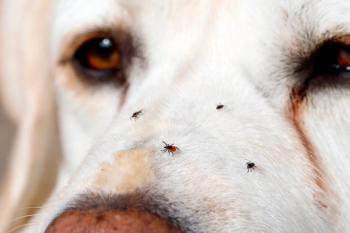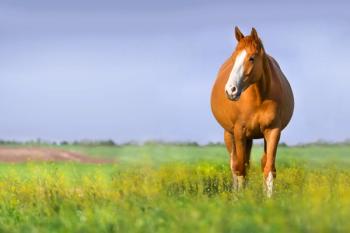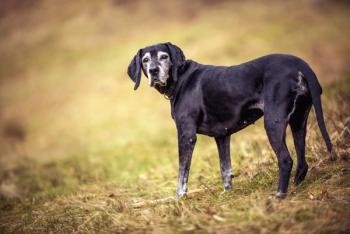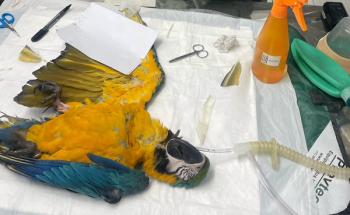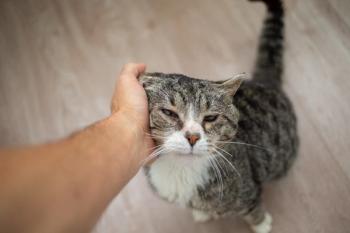
Emotionally intelligent euthanasia
Dr Kathleen Cooney explains what emotionally intelligent euthanasia is and shares examples
At the 2023 American Veterinary Medical Association Convention, Kathleen Cooney, DVM, MS, CHPV, CCFP, DACAW resident, CEO and director of education for the Companion Animal Euthanasia Training Academy, sat down with dvm360® to review her talk on emotionally intelligent euthanasia. She outlined the 5 components, including self-awareness, motivation and passion, empathy, social skills, and self-regulation, and how they can be integrated in practice.
The following is a transcript of the video.
Kathleen Cooney, DVM, MS, CHPV, CCFP, DACAW resident: Emotionally intelligent euthanasia is taking together the components of emotional intelligence and applying it into euthanasia appointments. There are 5 components of emotional intelligence and those are self-awareness of the emotions that we’re feeling and why we feel that way; motivation and passion and what drives decisions that we make and why we feel the way that we do as well; empathy and the ability to feel what others are feeling; leveraging our social skills—we can use our tone of voice and body language to work with our clients; and then there’s self-regulation which is when we’re in physical control of our bodies and that improves our control in intentionality in our behaviors.
Self-awareness would be an example of, in euthanasia, that maybe this dog looks like my own dog and that's going to make me extra sad during this euthanasia. With motivation, maybe I want to help this client at home for euthanasia because that's where I want my own pets to be. Empathy is thinking about how a client is very overwhelmed with the decision for euthanasia and ‘I know what that’s like.’ Social skills, where maybe my client is angry, they’re upset, and maybe I can use my soft body language and gentler tone of voice to diffuse them now. Lastly, with self-regulation, is that maybe things are getting challenging during this euthanasia appointment and now I need to take some deep breaths to relax my body so that I can be in better control.
Newsletter
From exam room tips to practice management insights, get trusted veterinary news delivered straight to your inbox—subscribe to dvm360.


